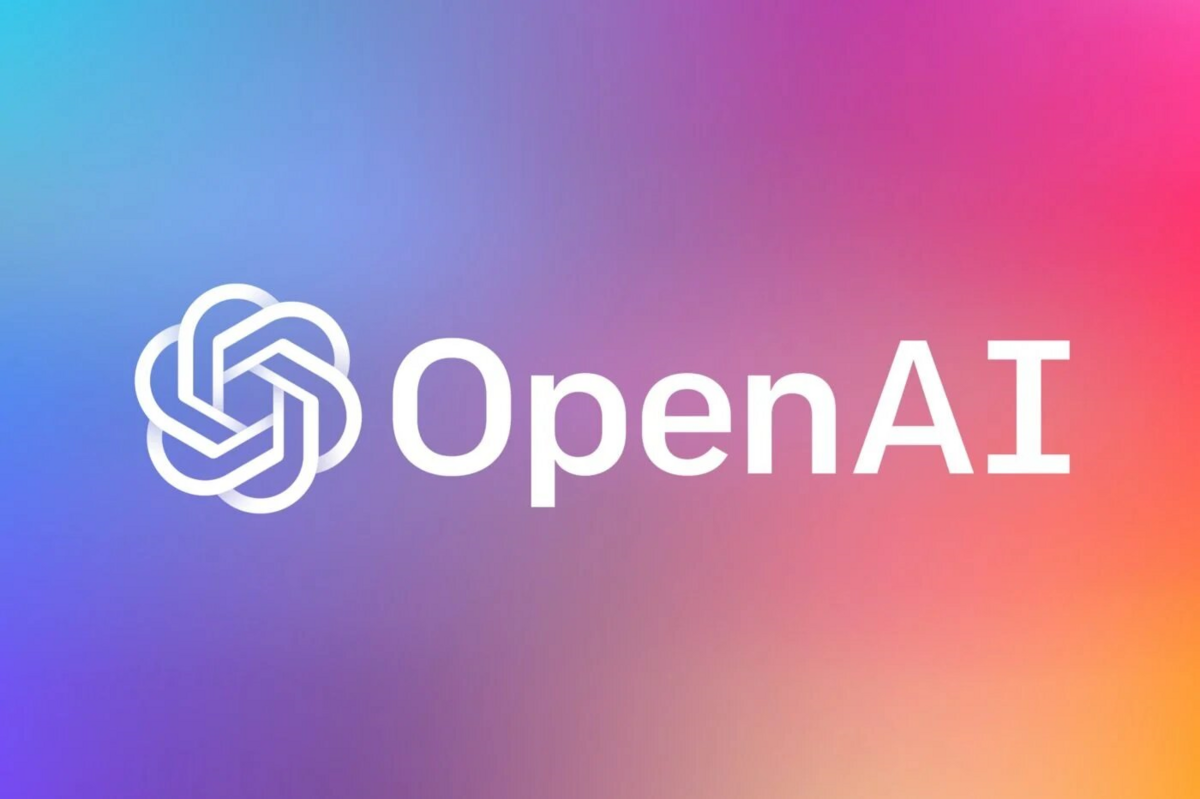OpenAI’s latest innovation, SORA (Scalable Operations and Research Assistant), was expected to be a game-changer in the AI landscape. However, instead of making waves through an official launch, it found itself at the center of controversy due to a leak by aggrieved early testers.
The incident has sparked debates about transparency, product readiness, and ethical considerations in AI development. This article unpacks what we know about the SORA tool, the reasons behind the leak, and its broader implications for the industry.
What Is OpenAI’s SORA?
SORA is envisioned as a high-performance tool designed to streamline operations and assist with research at scale. Unlike OpenAI’s previous offerings like ChatGPT, which focuses on conversational AI, or DALL·E, which generates images, SORA aims to address the needs of enterprise users.
Key features were expected to include:
- Advanced data analytics capabilities.
- Customizable AI workflows for business processes.
- Enhanced collaborative tools to boost productivity.
While the tool had the potential to cater to industries ranging from finance to healthcare, its leak has cast doubts on its readiness and reliability.
The Leak: A Closer Look
The SORA leak stemmed from a group of beta testers who were granted early access to the tool under strict confidentiality agreements. Their decision to share sensitive details appears to be driven by frustrations with the tool’s development and OpenAI’s handling of feedback.
Here’s what the leaked information revealed:
-
Incomplete Functionality
Testers reported that many promised features were either missing or underdeveloped in the beta version, which failed to meet their expectations. -
Security Concerns
Vulnerabilities in the tool were highlighted, raising questions about whether SORA was safe for deployment in sensitive environments. -
Pricing Frustrations
Leaks also pointed to dissatisfaction with OpenAI’s proposed pricing, which testers deemed unreasonably high for the features provided.
This breach of trust has put OpenAI in a challenging position, forcing it to respond quickly to salvage its reputation.
Why Did This Happen?
The reasons behind the leak highlight systemic issues that are not uncommon in tech development.
-
Overpromising and Underdelivering
Companies often announce ambitious goals for new tools, but delivering on these promises can take longer than anticipated. For testers expecting cutting-edge innovation, SORA fell short. -
Lack of Transparency
Testers cited poor communication as a key grievance. OpenAI's failure to provide updates or a clear roadmap exacerbated frustrations. -
Ethical Concerns
Some testers believed it was unethical to withhold information about SORA's vulnerabilities, especially if it might pose risks to businesses relying on the tool.
These factors culminated in the decision to break confidentiality agreements—a rare but impactful move that underscores their dissatisfaction.
What This Means for OpenAI and the AI Industry
The SORA leak has broader implications beyond OpenAI, serving as a cautionary tale for the entire tech community.
-
Trust and Transparency Are Crucial
The incident highlights the importance of building trust with beta testers. Transparent communication about delays, challenges, and feedback implementation can prevent dissatisfaction. -
Reputation Matters in AI Development
OpenAI’s leadership in the AI space means its every move is scrutinized. Missteps like this can tarnish its reputation, impacting investor confidence and customer loyalty. -
Security Can’t Be an Afterthought
Leaks revealing security flaws are particularly damaging for AI tools intended for enterprise use. Robust security measures must be integral to development, not an afterthought. -
Setting Realistic Expectations
Companies must align their marketing and development timelines to avoid overpromising features that aren’t ready.
Key Takeaways for the Industry
For AI developers, SORA’s leaked details serve as a reminder to focus on process over promises. Here are some lessons to consider:
-
Beta Testing Should Be a Dialogue
Engaging testers with clear expectations and regular updates fosters a sense of collaboration. -
Balancing Innovation with Security
The excitement of launching a new product should never come at the cost of security or functionality. Addressing vulnerabilities early in the development cycle is essential. -
Pricing Based on Value
Early adopters expect beta tools to be imperfect but not overpriced. Transparent pricing models can prevent backlash.
Looking Ahead: What’s Next for OpenAI and SORA?
For OpenAI, the SORA leak is a significant setback, but it’s also an opportunity to course-correct. The company’s ability to acknowledge issues transparently and address feedback decisively will shape its recovery.
For businesses, this incident is a reminder to approach AI adoption cautiously. Tools like SORA promise immense potential, but due diligence is necessary to ensure they align with organizational needs and priorities.
As the AI industry continues to innovate, incidents like these will likely shape how companies handle development, testing, and public communication. Balancing ambition with responsibility is no longer optional—it’s a prerequisite for long-term success.
You May Also Like: WordPress vs. WP Engine: Inside the Heated Trademark Dispute
Image Source: Yandex

